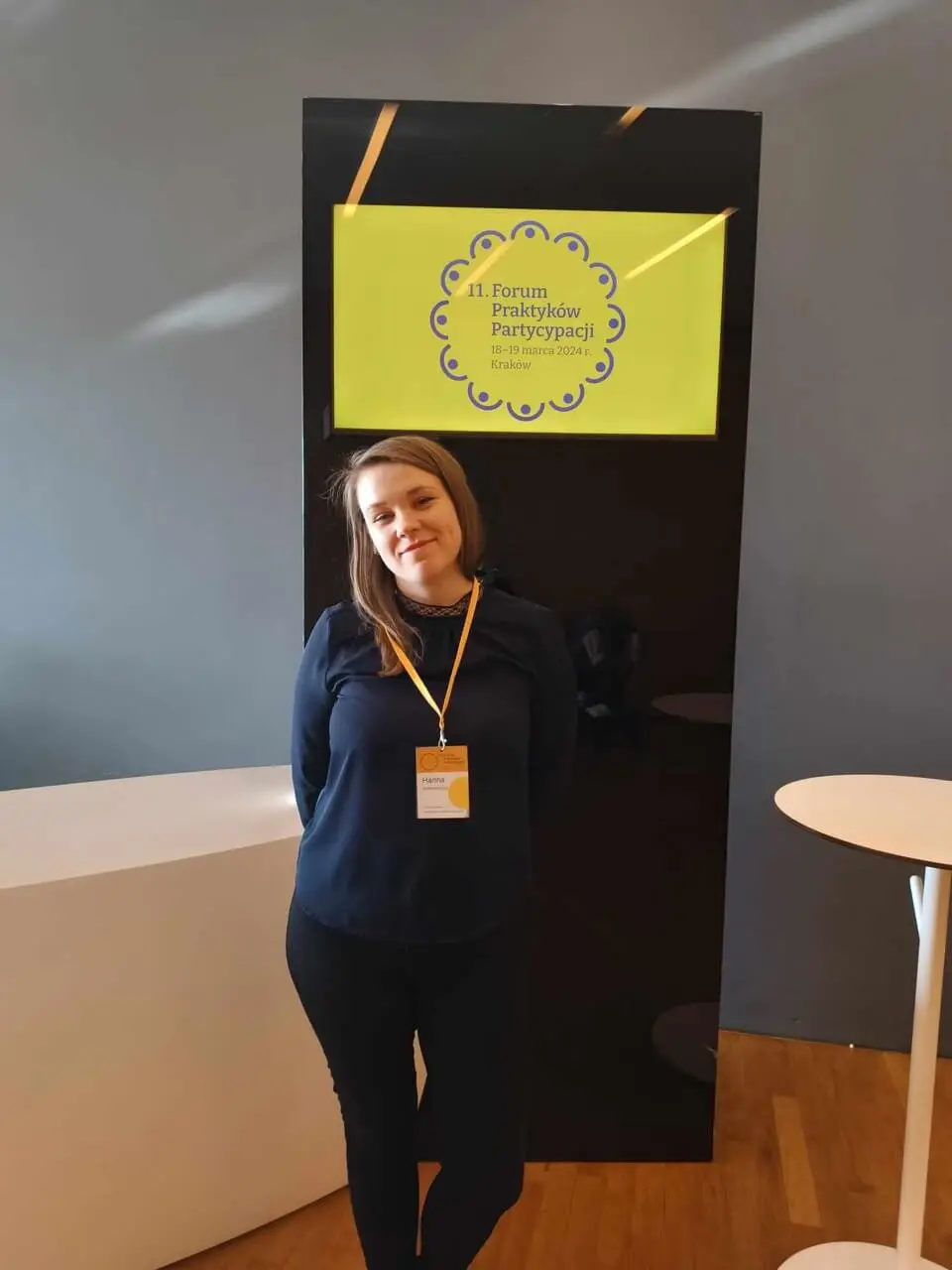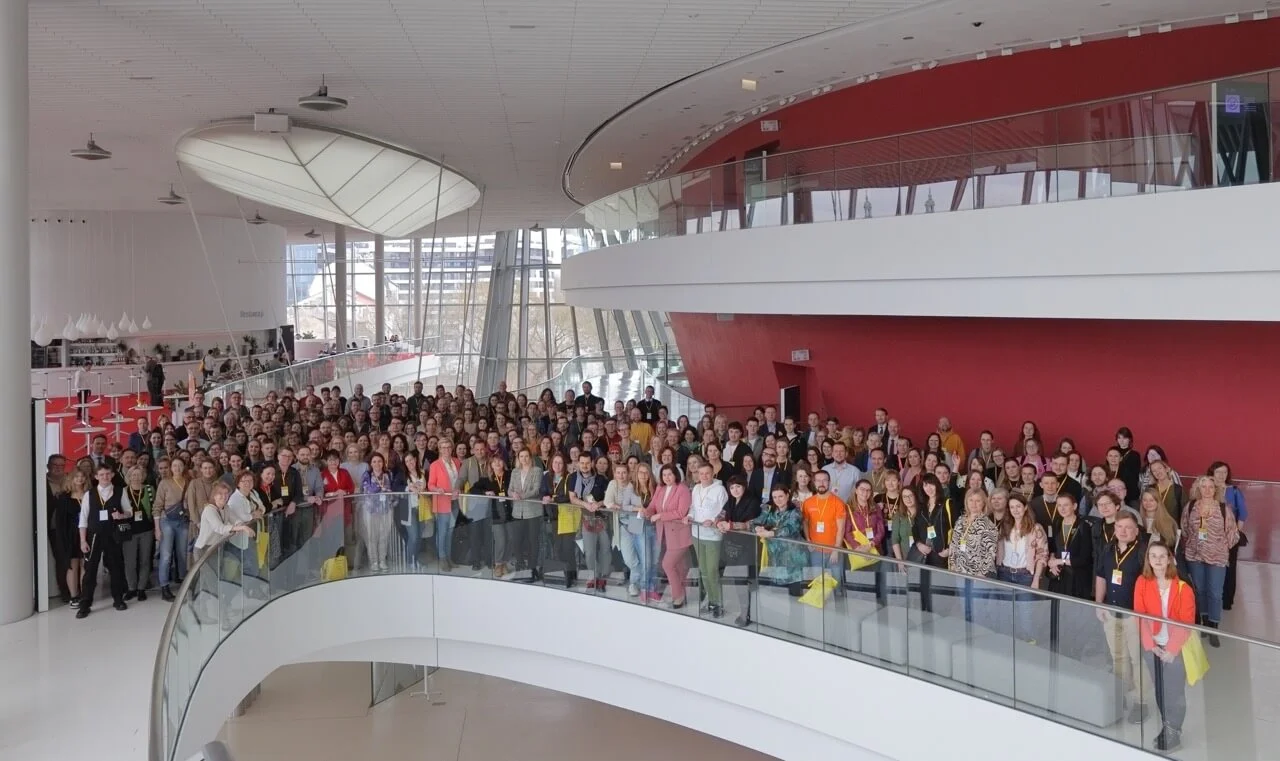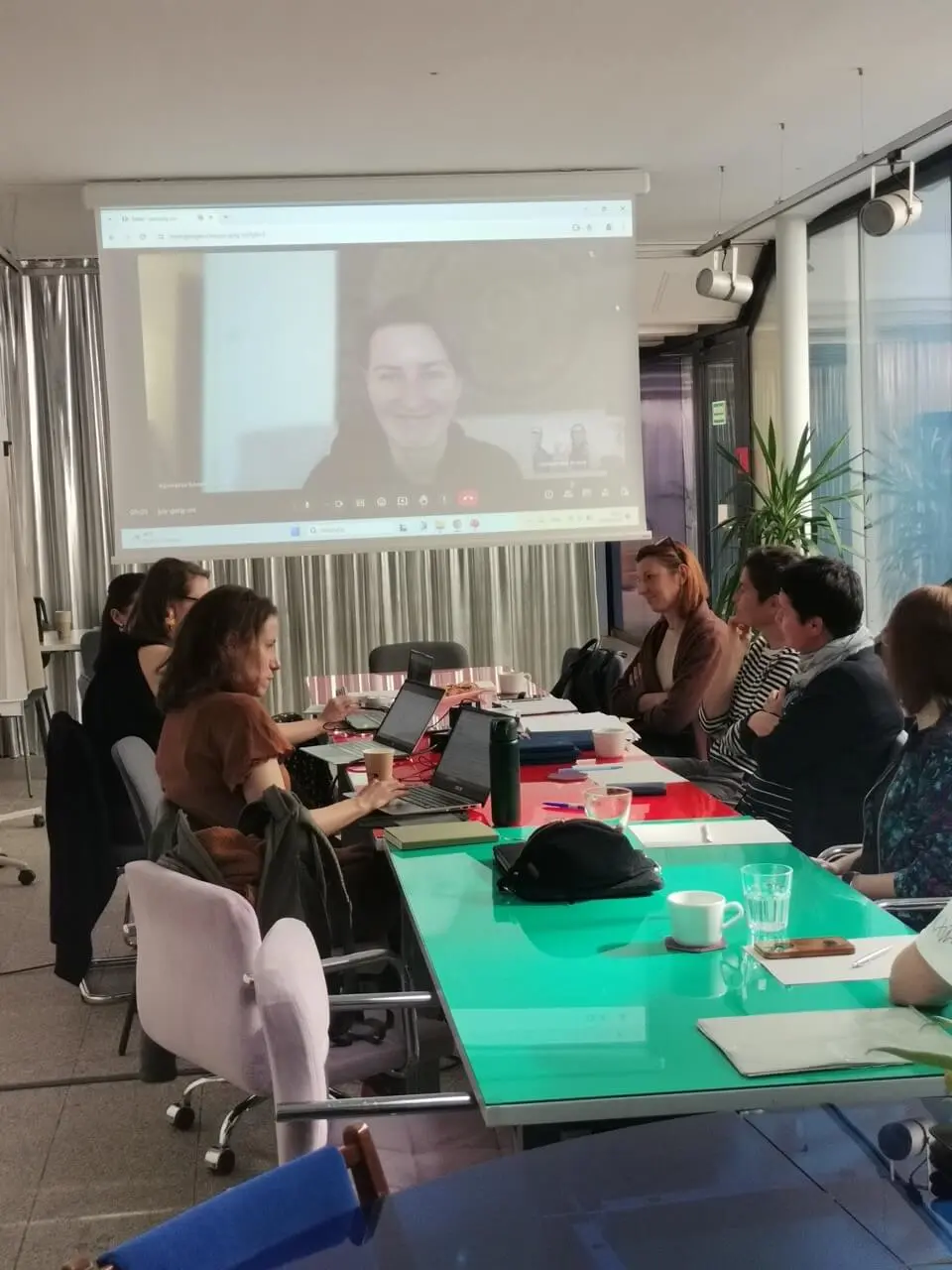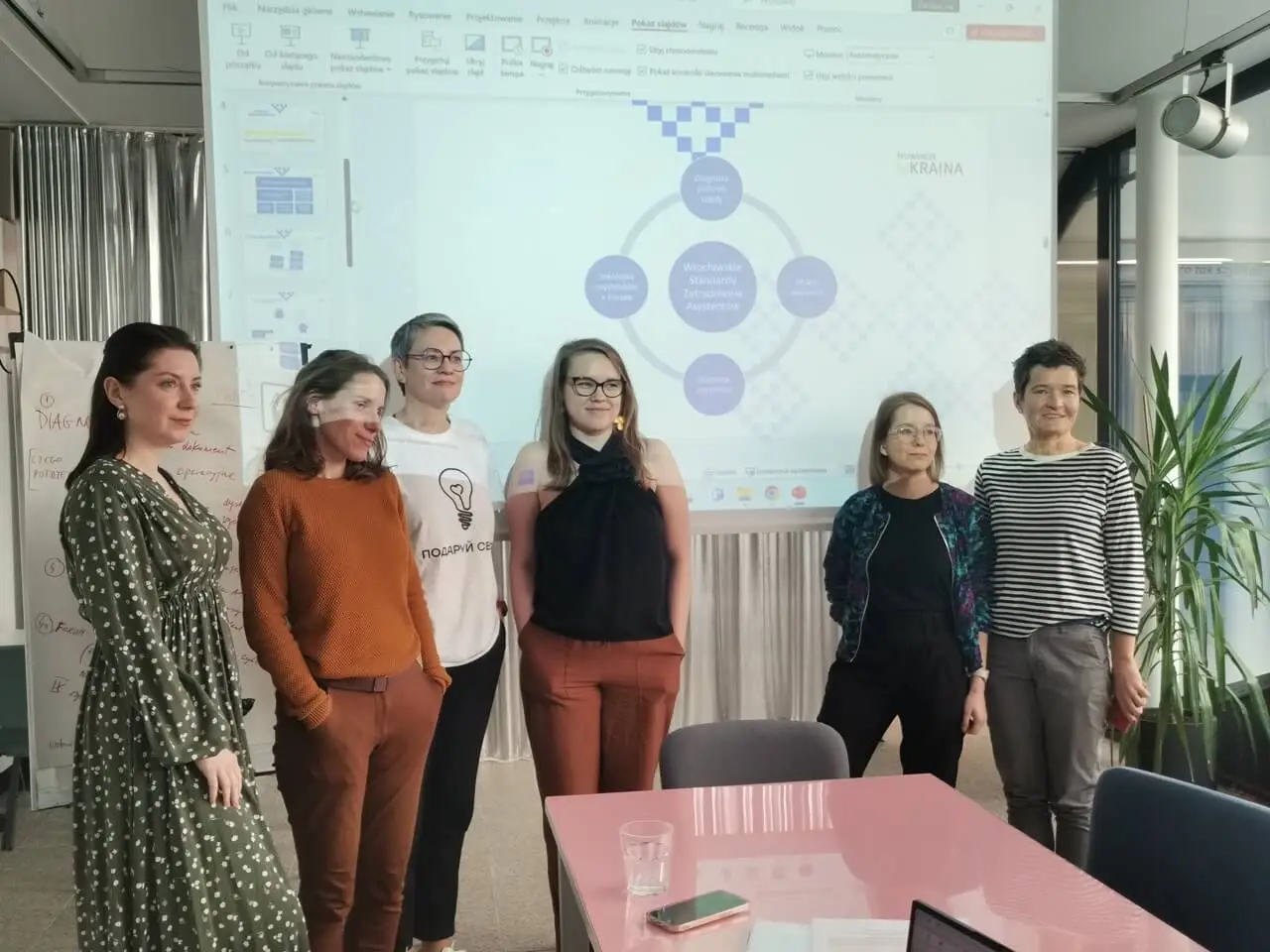Project Goal:
The goal of this project is to drive systemic change in the education of children and youth in Poland by improving the employment conditions of intercultural assistants. The profession of intercultural assistant plays a crucial role in enhancing the well-being of students with migration backgrounds and the overall school ecosystem. Intercultural assistants support the integration and adaptation process of migrant children in their new school environments.
By implementing this project, we aim to address issues such as:
- Lack of employment continuity for assistants
All intercultural assistants struggle with employment continuity issues—both those working in non-governmental organizations (due to short-term grants that often end with the calendar year rather than the school year) and those serving as teaching aides (lack of employment opportunities during the summer break). As a result, many assistants choose to leave their jobs, which do not guarantee employment stability, leading to high staff turnover and a constant need for training new employees.
- Lack of a unified training system for assistants and lack of work standards
- Non-hiring of assistants by school authorities due to lack of financial resources.
- Lack of widespread information about the role of assistants – both school principals and parents with migration experience are often uninformed about the role and responsibilities of assistants.
- Inconsistent methods of hiring assistants across the country, which currently depend on individual school authorities; lack of standardized workload requirements for assistants.
To achieve the project’s objectives, we plan to undertake the following actions:
- Develop a legal expertise document addressing the obligation of managing bodies to employ assistants and disseminate it.
- Evaluate and disseminate the employment model for assistants proposed in Wrocław.
- Conduct advocacy actions by initiating and holding meetings at the national level with the Ministry of Education and the Ministry of Family, Labor, and Social Policy.
- Develop research tools to assess the quality of assistants’ work.
Through the above actions, we aim to advocate for systemic change that could lead to the following outcomes in the future:
- Legal recognition of the intercultural assistant profession and increased awareness of their role within the education system.
- Systematic support for intercultural assistants in all schools attended by children with migration backgrounds.
- Establishment of national work standards for intercultural assistants.
- Recognition of the role of intercultural assistants as crucial for the well-being, agency, resilience, and empowerment of children with migration backgrounds.
Through our planned advocacy actions, we aim not only to strengthen the role of intercultural assistants in Polish educational institutions but also to improve the situation of children with migration backgrounds and promote integration and equality in educational environments. These are important steps towards building a society that accepts and supports cultural diversity.
Project implemented with the support of the Tutaj Fund initiated by the Ashoka organization.







